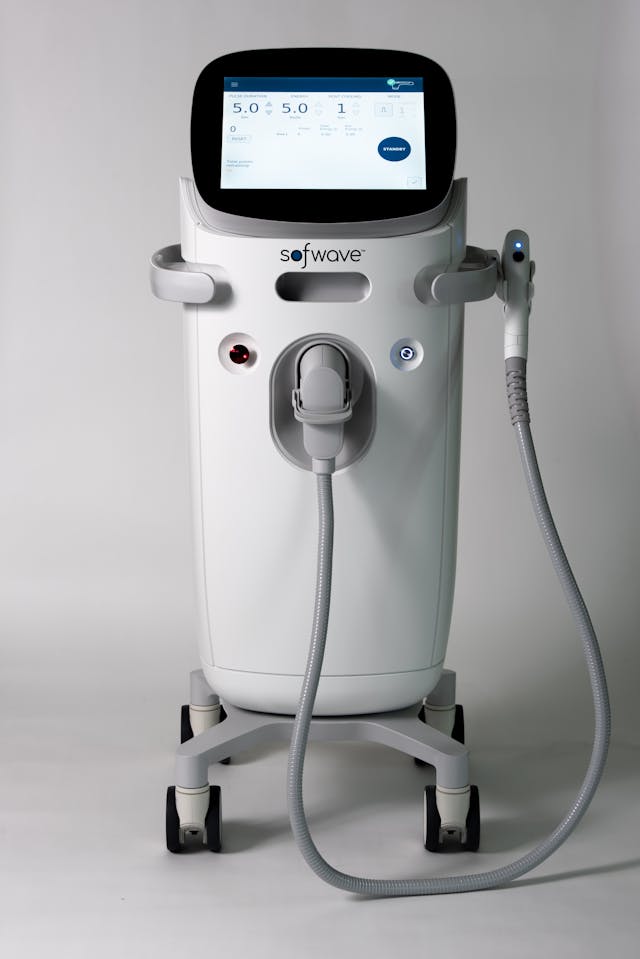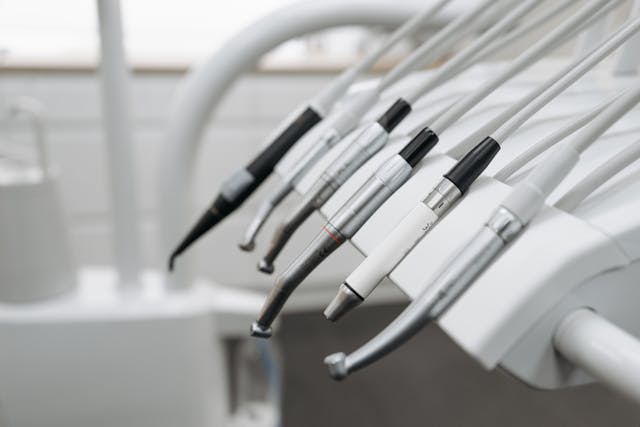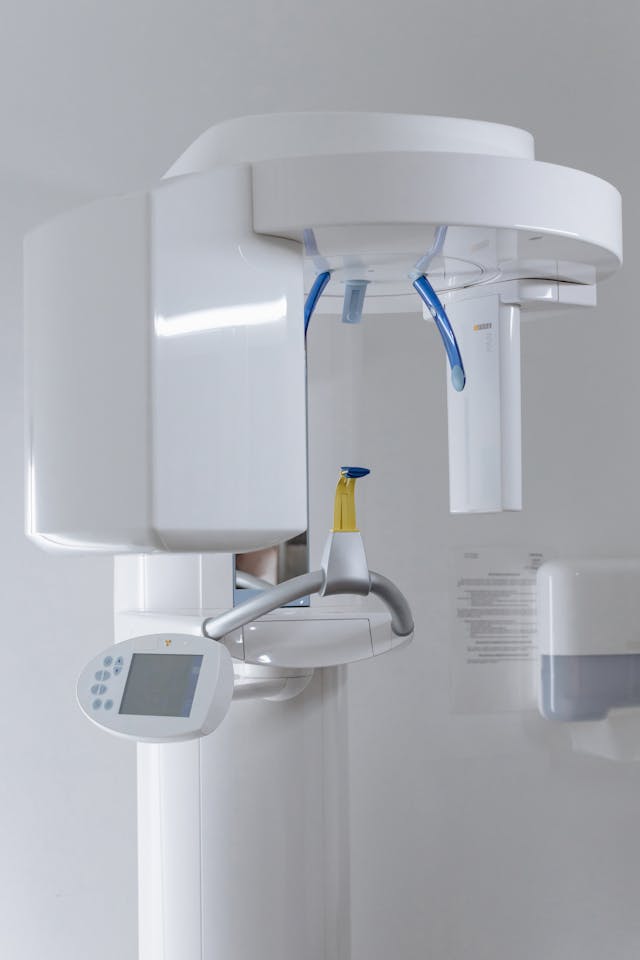Introduction
In the world of healthcare, evidence-based decisions drive better patient outcomes, system improvements, and public health strategies. Advanced Biostatistics for Healthcare Professionals is a specialized course designed to equip healthcare workers, researchers, and clinicians with the statistical tools necessary to analyze complex health data, interpret research findings, and inform critical health decisions. This course builds upon foundational biostatistics knowledge to provide an in-depth understanding of advanced statistical methods used in clinical and public health research.
Participants will explore sophisticated biostatistical techniques, such as survival analysis, multivariate analysis, epidemiologic study design, and statistical modeling, that are essential for conducting and evaluating clinical research, health outcomes studies, and health interventions. By the end of the course, participants will be able to interpret complex statistical results, apply advanced methods in their research and practice, and communicate findings effectively to both technical and non-technical audiences.
Because in healthcare, the ability to turn data into meaningful insights is crucial to improving both individual patient care and public health outcomes.

Who’s This Course For
This course is designed for healthcare professionals who already have a basic understanding of biostatistics and wish to deepen their knowledge and expertise in advanced statistical methods to enhance research and clinical practice.
This course is ideal for:
- Healthcare researchers and clinicians involved in clinical trials or observational studies
- Public health professionals and epidemiologists working in data analysis or policy-making
- Biostatisticians and data analysts working in healthcare settings
- Healthcare providers, including physicians, nurses, and allied health professionals, who are involved in evidence-based decision-making
- Graduate students and professionals pursuing advanced degrees or careers in health data science, biostatistics, or epidemiology
- Medical, pharmaceutical, and healthcare industry professionals who analyze data for outcomes research, clinical trials, or market assessments
Whether you are designing a clinical trial, evaluating treatment outcomes, or interpreting epidemiological studies, Advanced Biostatistics for Healthcare Professionals gives you the statistical tools to make informed, evidence-based decisions.
Latest Trends in Advanced Biostatistics for Healthcare Professionals
Biostatistics is a rapidly evolving field, and the landscape of Advanced Biostatistics for Healthcare Professionals continues to adapt to new challenges, technologies, and methodologies. Key trends include:
Increased Use of Big Data and Health Analytics
The rise of electronic health records (EHRs), wearable health technology, and digital health apps has created vast datasets that can be harnessed to improve patient care, predict outcomes, and guide policy decisions. Biostatisticians now work with large, complex data sets requiring specialized analysis techniques.
Integration of Machine Learning and Artificial Intelligence (AI)
Machine learning algorithms and AI are being integrated into biostatistical analysis to improve predictive modeling, identify patterns in patient data, and optimize treatment protocols. This trend is transforming the way healthcare decisions are made based on statistical evidence.
Focus on Personalized Medicine and Precision Health
Advanced biostatistics plays a key role in identifying genetic, environmental, and behavioral factors that influence individual responses to treatment. Biostatistical methods are increasingly being used in personalized health approaches to tailor medical care to individual patients.
Greater Emphasis on Causal Inference
Healthcare professionals are using advanced statistical techniques to not only identify associations but also determine causality. Methods such as propensity score matching, instrumental variables, and randomized controlled trials (RCTs) are becoming central to clinical decision-making.
Advancements in Longitudinal and Survival Analysis
With the increasing prevalence of chronic diseases and aging populations, biostatistical methods like survival analysis, longitudinal data analysis, and time-to-event modeling are critical to understanding the long-term outcomes and prognosis of various health conditions.
Public Health Surveillance and Disease Modeling
Advanced biostatistics is essential for public health surveillance, infectious disease modeling, and evaluating the impact of health interventions on populations, especially in the wake of pandemics like COVID-19.
Learning Objectives and Outcome for the Course Sponsor
Advanced Biostatistics for Healthcare Professionals enables participants to apply advanced statistical techniques to healthcare data, interpret results accurately, and communicate findings effectively to improve patient care and health systems.
Key Learning Objectives
- Understand Advanced Statistical Methods in Biostatistics
- Review the key principles of hypothesis testing, probability theory, and statistical inference
- Learn advanced methods including multivariate regression analysis, survival analysis, and Bayesian statistics
- Apply Multivariate Analysis Techniques
- Understand and apply methods such as multiple linear regression, logistic regression, and principal component analysis
- Explore the use of multivariate techniques to handle complex health data with multiple variables
- Conduct Survival and Time-to-Event Analysis
- Learn the principles of Kaplan-Meier curves, Cox proportional hazards models, and survival regression
- Apply survival analysis techniques to analyze time-dependent outcomes, such as disease progression or patient survival rates
- Master Longitudinal Data Analysis
- Explore methods for analyzing repeated measurements or time-series data in clinical studies, including mixed-effects models and generalized estimating equations (GEE)
- Learn to handle missing data and manage time-dependent covariates
- Understand Causal Inference and Epidemiologic Study Design
- Learn advanced methods for causal inference, including propensity score matching, instrumental variables, and the use of randomized controlled trials (RCTs)
- Understand the design and analysis of cohort, case-control, and cross-sectional studies
- Implement Advanced Statistical Modeling for Health Data
- Gain hands-on experience using statistical modeling software such as R, SAS, or STATA to apply advanced biostatistical techniques
- Learn to build, validate, and interpret statistical models for healthcare data analysis
- Interpret and Communicate Biostatistical Results
- Gain skills in presenting complex statistical results in an accessible manner for both clinical and non-clinical audiences
- Learn how to translate biostatistical findings into actionable insights for clinical decision-making
- Apply Biostatistical Methods to Clinical Trials and Health Interventions
- Design and analyze clinical trials using appropriate statistical methods
- Understand the application of biostatistics in evaluating treatment effects, safety, and efficacy
You may also be interested in other courses in the Health and Healthcare Management
Organizational Outcomes
- Enhanced Decision-Making and Research Capabilities
Healthcare institutions will be able to integrate advanced biostatistical methods into research, improving decision-making and patient care outcomes. - Stronger Evidence-Based Practice
Clinical teams will apply rigorous statistical analysis to inform treatment protocols, guidelines, and public health interventions. - Improved Patient Outcomes and Cost-Effectiveness
Accurate analysis of healthcare data will lead to more efficient resource allocation and more effective treatments, improving patient care while controlling costs. - Better Data Interpretation and Reporting
Health organizations will have the ability to analyze and interpret data in a way that is meaningful for clinical decision-making, policy development, and public health interventions.

Course Methodology
This course emphasizes practical application and hands-on learning, combining lectures with data analysis exercises, group work, and case studies. Participants will gain experience in using statistical software and applying advanced techniques to real-world healthcare scenarios.

Core training components include:
Advanced Statistical Methods and Theory Workshops
- Overview of complex statistical methods and techniques used in biostatistics
- Case studies and examples of their applications in healthcare research
Multivariate and Regression Analysis Labs
- Hands-on practice with multiple regression, logistic regression, and other multivariate techniques
- Analyzing real-world health data using advanced statistical models
Survival and Time-to-Event Analysis Clinics
- Application of survival analysis techniques, such as Cox regression and Kaplan-Meier estimates
- Using software to analyze time-to-event data in clinical trials and health studies
Longitudinal Data Analysis and Mixed-Effects Models
- Training on analyzing repeated-measures data with generalized linear models (GLMs) and mixed-effects models
- Dealing with issues like missing data, autocorrelation, and time-dependent covariates
Causal Inference and Study Design Sessions
- Exploration of propensity score matching, instrumental variable analysis, and randomized controlled trials (RCTs)
- Study design best practices for cohort, case-control, and experimental studies
Statistical Modeling for Healthcare Data Analysis
- Real-world exercises using R, SAS, or STATA to build and validate statistical models
- Analyzing complex healthcare datasets with multiple variables
Communicating Biostatistical Findings Effectively
- Strategies for presenting statistical results to clinical teams, policy-makers, and patients
- Translating complex statistical findings into actionable healthcare insights
Capstone Biostatistical Analysis Project
- Teams develop a comprehensive biostatistical analysis plan for a real-world healthcare research problem, including study design, statistical methods, and data analysis
- Present findings to instructors and peers for feedback and discussion
Participants receive a digital toolkit including:
- Biostatistical analysis guides and study design templates
- Statistical modeling software tips and resources
- Communication frameworks for presenting statistical results
- M&E frameworks for healthcare data
The course is available as a 5-day intensive in-person workshop, a modular online program, or a blended learning option for universities, hospitals, research institutes, and public health organizations.
Why It Matters in Today’s World
As healthcare evolves and more data becomes available, the ability to make sense of complex datasets and draw actionable conclusions is paramount. Advanced Biostatistics for Healthcare Professionals ensures that healthcare providers, researchers, and policymakers can confidently analyze and interpret health data to improve patient care, reduce errors, and optimize health outcomes.
This course prepares you to not only understand and apply advanced biostatistical methods but also to communicate the significance of data-driven decisions that shape the future of healthcare.









